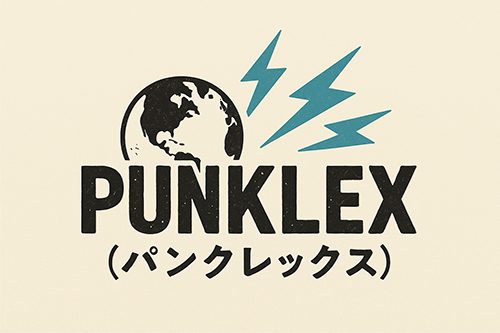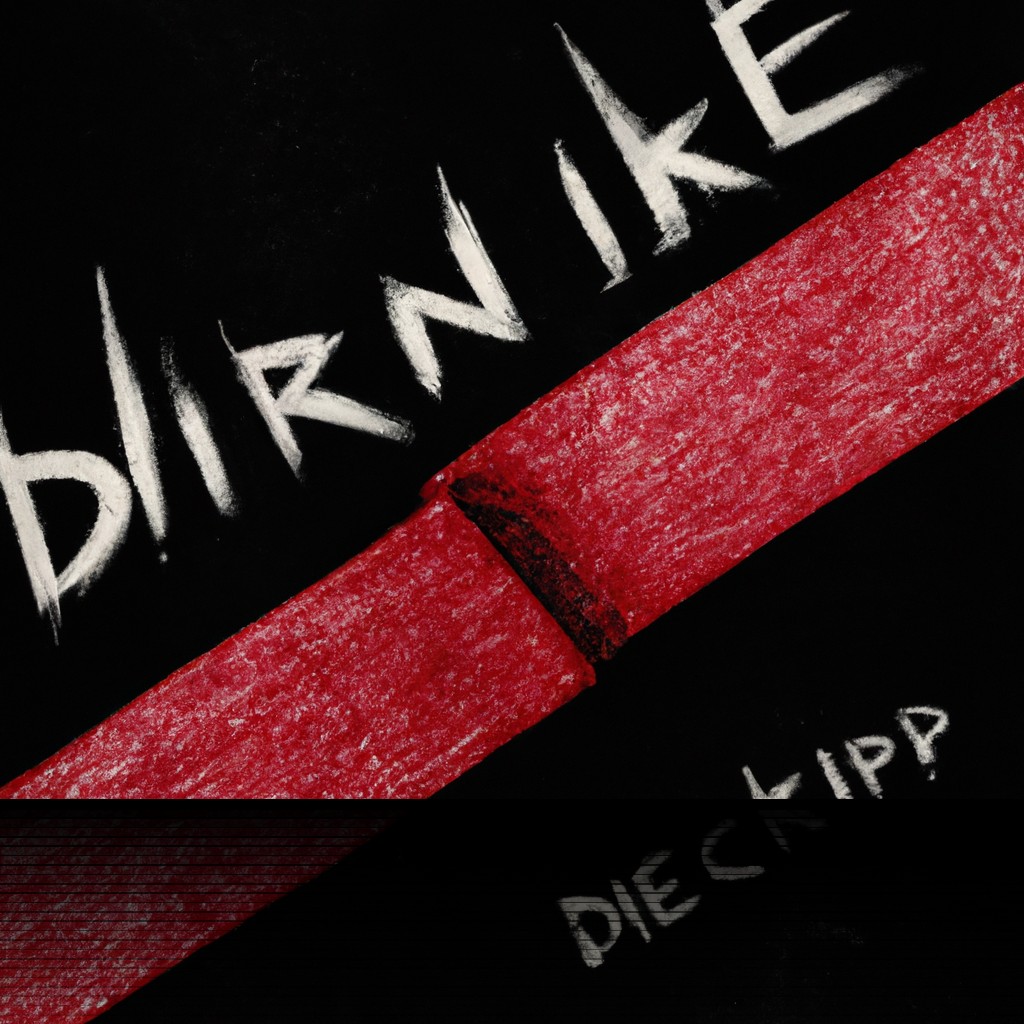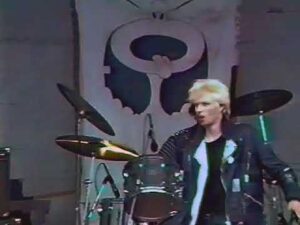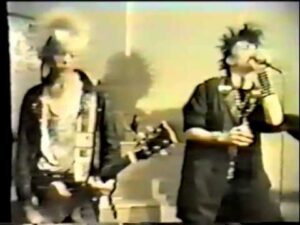Formation & Members
Die Krupps, a pioneering band in the industrial and electronic music scenes, was formed in 1980 in Düsseldorf, Germany. The band was founded by Jürgen Engler and Bernward Malaka, drawing inspiration from a mixture of punk rock, electronic, and industrial music influences. The name “Die Krupps” was inspired by the German industrial dynasty Krupp, symbolizing power and industrial strength, which would become a recurring theme in their music.
The original lineup saw Jürgen Engler taking on the role of lead vocalist and guitarist, while Bernward Malaka was on keyboards. Over the years, the band saw various lineup changes, with Engler remaining the consistent driving force. Notable members have included Ralf Dörper, who was instrumental in shaping the band’s electronic sound, and drummer Volker Borchert. The band also collaborated with numerous other musicians, contributing to their evolving sound.
Musical Style & Characteristics
Die Krupps’ musical style is a fusion of industrial rock, electronic music, and EBM (Electronic Body Music). Their sound is characterized by heavy use of synthesizers, samplers, and electronic percussion, combined with traditional rock instrumentation. This blend creates a powerful and mechanical sound that has been described as both aggressive and danceable.
In their early years, Die Krupps leaned heavily towards a minimalist electronic sound, but as they progressed, they incorporated more guitar-driven elements, reflecting their punk rock roots. Their lyrics often explore themes of industrialization, technology, and the socio-political issues of the day, delivered with a raw intensity that resonates with their audience.
Key Works & Discography
Die Krupps’ discography is extensive, with several key albums that have defined their career. Their debut album, Stahlwerksinfonie (1981), set the tone with its industrial soundscapes and minimalistic approach. However, it was their 1992 album, I, that marked a significant shift towards a more metal-oriented sound, showcasing their ability to evolve and adapt.
Another landmark album, II – The Final Option (1993), further cemented their reputation, blending heavy guitar riffs with electronic beats. This album included the popular track “To the Hilt,” which became an anthem in the industrial music scene. In the late 1990s, albums such as Paradise Now (1997) continued to explore the fusion of electronic and metal elements.
Die Krupps’ compilation album Too Much History (2007) serves as a comprehensive overview of their work, highlighting their evolution and enduring appeal. Their more recent releases, such as V – Metal Machine Music (2015), continue to push boundaries and showcase their innovativeness.
Influence on Other Bands/Scenes
Die Krupps have been influential in shaping the industrial and electronic music scenes, particularly in Europe. Their fusion of electronic and metal elements inspired countless bands that followed, including industrial giants like Rammstein and Nine Inch Nails. The band’s innovative approach to music production and their willingness to experiment with sound paved the way for future generations of musicians.
Moreover, their influence extended beyond music, impacting the visual aesthetics and thematic content of the genre. Bands in the industrial and electronic scenes have often cited Die Krupps as a significant influence, and their music continues to be celebrated in clubs and festivals dedicated to these genres.
Breakups or Reunions
Throughout their career, Die Krupps have experienced several lineup changes and periods of inactivity. After releasing Paradise Now in 1997, the band went on a hiatus, leaving fans uncertain about their future. However, they reunited in the mid-2000s, much to the delight of their devoted following.
Since their reunion, Die Krupps have been active in both recording new material and touring internationally. Their return was marked by a renewed energy and a commitment to their core sound, while still exploring new musical territories. This resilience has endeared them to fans old and new, proving their enduring relevance in the music world.
Current Reputation & Legacy
Today, Die Krupps are regarded as pioneers in the industrial and electronic music genres. Their ability to blend different musical styles has earned them a unique place in music history. They are celebrated not only for their innovative sound but also for their engaging live performances, which continue to draw crowds worldwide.
The band’s legacy is evident in the continued popularity of their music, as well as their influence on contemporary artists. Die Krupps have become synonymous with a certain era of industrial music, and their work continues to be discovered by new audiences, ensuring their place in the annals of music history.
Conclusion
Die Krupps’ journey from their formation in 1980 to their current status as industrial music legends is a testament to their creativity, resilience, and influence. Their ability to adapt and evolve has kept them relevant across decades, and their music remains a powerful statement on the industrial and electronic scenes.
As they continue to innovate and inspire, Die Krupps are not just a band but a symbol of the enduring power of music to challenge norms and push boundaries. Their legacy will undoubtedly continue to influence musicians and fans alike for many years to come.









